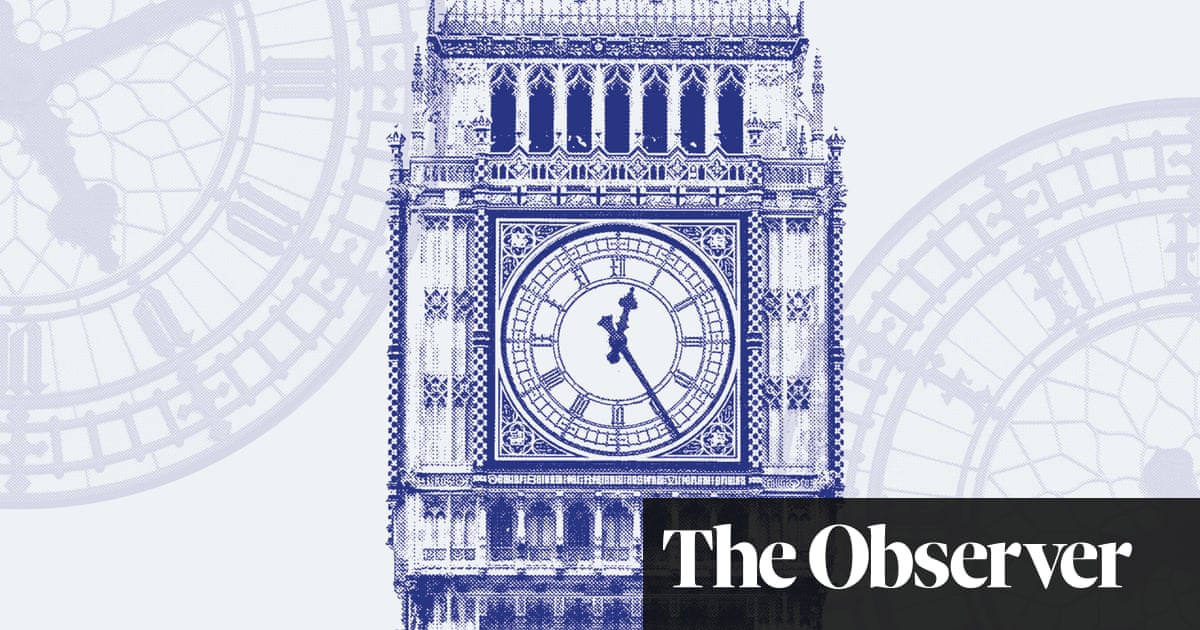In March, markets surged on BTC for several reasons.
Institutional investors made deep purchases after the SEC opened Wall Street access to Bitcoin price exposure through custodial ETFs. This only adds to the shock of shortages as supply is cut in half next month.
However, many blockchain cryptocurrency trading strategists believe it is difficult to overstate the importance of ETF approvals by the Securities and Exchange Commission. The new paradigm not only allows regulated investors to do this.
It ends a year of extremely friendly and favorable Bitcoin and cryptocurrency policy in US courtrooms and legislatures. The risk of the US adopting burdensome regulations has long been an important factor influencing Bitcoin prices on the market.
As a result of the SEC’s approval of Bitcoin ETFs, this threat has been significantly reduced. Instead, you can now buy a piece of Wall Street’s base layer blockchain cryptocurrency in the same place you can buy stock in Coca-Cola or Chevrolet.
But this year it won’t just be a US event dedicated to Bitcoin. Here are seven signs that Bitcoin will still rule the world outside the United States in 2024.
1. Premium Kimchi buds, 2 years old
The kimchi premium, or the amount Koreans pay above average global bitcoin exchange prices, rose to a 27-month high of 10.32% on March 6, signaling an increase in demand for BTC from South Koreans.
Cryptocurrency traders and savers in South Korea are paying higher prices for Bitcoin than much of the world as tight local capital controls cause an ongoing BTC shortage on the East Asian peninsula. It was named premium kimchi after the distinctive Korean dish of spicy cabbage.
2. El Salvador has 50% growth
The Latin American nation of El Salvador has benefited from its government’s investment in Bitcoin, which it holds in its national treasury. The Central American nation purchased 2,380 Bitcoins at an average price of $44,300. Meanwhile, the total investment of $105 million has increased by more than 50% and is now worth approximately $166 million.
The people of El Salvador overwhelmingly re-elected President Nayib Bukele for another term, based on the popularity of his crime-reduction policies and forward-looking thinking about the world. Bukele has taken the initiative, starting in 2021, to officially adopt Bitcoin as government-approved legal tender.
3. Nigerians and Venezuelans save in Bitcoin
The Atlanta, Georgia-based nonprofit Foundation for Economic Education (FEE) recently reported that Nigeria is following Venezuela’s trend of over-indexing Bitcoin adoption to use the safe, inflation-resistant cryptocurrency as a haven for its savings from catastrophic hyperinflation in Nigeria. naira and Venezuelan bolivar.
The economies of both countries rely heavily on oil exports. Combined with the serious mismanagement of the financial system by the governments of both countries over decades, periods of high US dollar inflation are fueling hyperinflation in these vassals of the global petrodollar economy. Bitcoin has given the people who live there a way to keep their savings from turning into mice and pumpkins after central banks toy with the printing press.
Right-wingers such as President Bukele enthusiastically support Bitcoin because it could compete with the currencies of several left-wing countries such as Venezuela and Nigeria. However, leftists may one day begin to adopt Bitcoin with the moral fervor of their counterparts to help people in developing economies find a way to save money.
4. Japan Investment Funds for Hodl
Japan appears to be paving the way to allow private venture capital firms to hold Bitcoin. Japanese Prime Minister Fumio Kishida’s administration agreed in February to submit a draft bill to the government with changes added to an earlier version approved by his cabinet.
The text of the draft bill states that “actions will be taken to add cryptocurrencies to the list of assets that may be acquired and held by investment limited partnerships.” Kishida’s economic agenda to boost Japan’s GDP includes the use of Web 3.0 technology and the easing of some domestic restrictions on cryptocurrencies.
5. Launch of the German regulated spot platform
Germany is the largest economy in Europe in terms of gross domestic product. It just got a new regulated spot crypto platform launched by a domestic capital markets firm. German bank Deutsche Boerse announced on March 5 that it has launched a government-regulated cryptocurrency exchange for cryptocurrency investors.
The German capital market company announced plans to list on the stock exchange last year. It received licenses from local regulators in February. German banking giant DZ Bank announced in February that it would launch a cryptocurrency trading service in 2024.
A survey conducted in July 2023 showed that 50% of Germans positively perceive cryptocurrency as a long-term investment. Meanwhile, 22% suspect that this could make them rich overnight.
6. Coinbase moves to France
While Germans celebrate the new schnitzel and Fanta exchange, the French will soon be able to log into Coinbase to trade cryptocurrencies. The San Francisco cryptocurrency exchange started the year with approval from local regulators to operate in France. Like Japan’s Kishida, French President Emmanuel Macron plans to make his country a major crossroads for artificial intelligence and cryptocurrencies.
In addition, he promised billions of euros in government grants to finance French projects. According to French data firm Toluna, 10% of French adults own cryptocurrencies and 24% say they plan to buy, sell or trade such assets in the next year.
7. VanEck Spot Bitcoin ETF in Australia
American ETF manager VanEck is moving towards launching a spot Bitcoin ETF on the Australian market. Van Eck Australia chief executive Arian Neiron recently said his company had seen a “significant increase” in demand for its Australian Stock Exchange (ASX)-listed Bitcoin ETF.
Neiron said in a statement that the company still needed approval from the financial regulator, the Australian Securities and Investments Commission (ASIC).
“There are still many hurdles from a regulatory and exchange framework perspective that need to be overcome, as well as ASIC approval, before we see a bitcoin ETF on the ASX,” he said.
Binance Free $100 (Exclusive): Use this link to sign up and get $100 free and 10% off your first month of Binance Futures fees (conditions).



